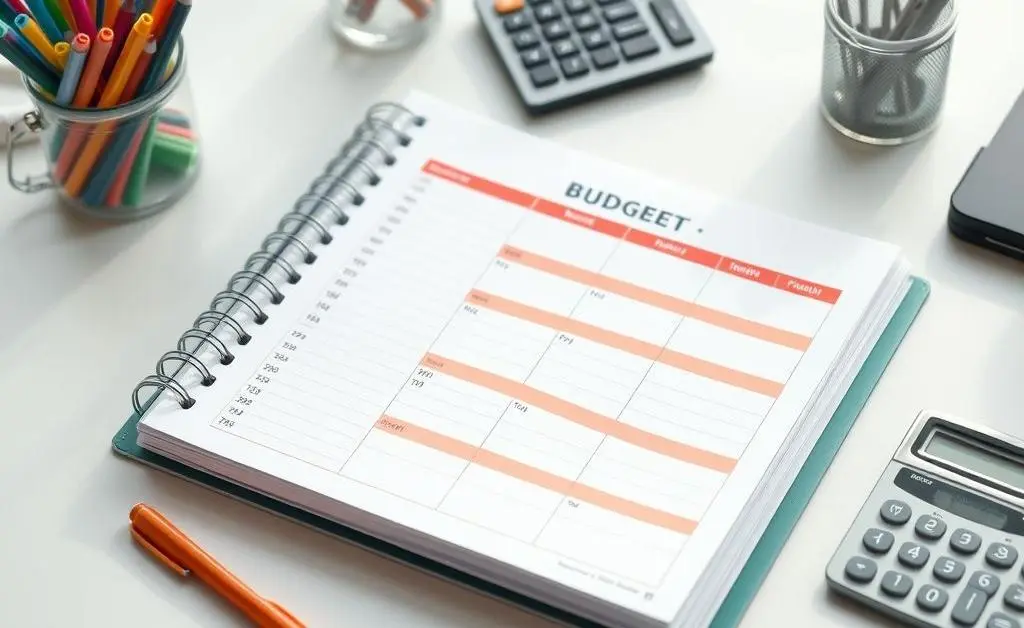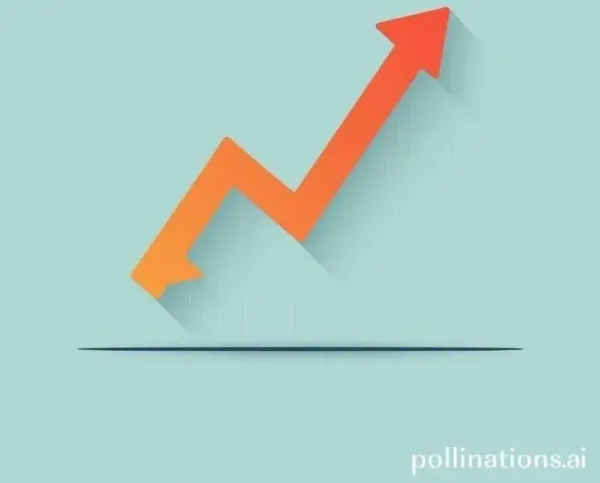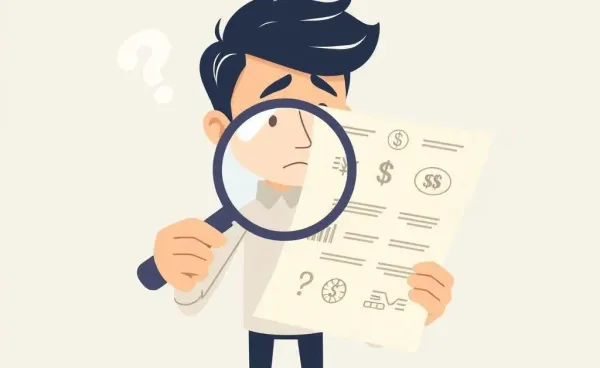Understanding Inflation: Why Your Dollar Feels Smaller
Explore why inflation impacts your spending and savings, and what you can do about it.

Have you noticed how your favorite cup of coffee seems to cost more each month? It's not just you—this is inflation at work, shaping how far your dollar stretches. Let's unravel why inflation has become a constant part of our financial conversation and, more importantly, what steps you can take to keep your dollars working for you.
What is Inflation and Why Does It Happen?
At its core, inflation is the rate at which the general level of prices for goods and services rises, eroding purchasing power. Imagine it like this: What you could buy a year ago with a dollar requires just a bit more today. While some inflation is a sign of a growing economy, recent events have pushed these rates higher than usual.

Inflation can be caused by several factors, such as increased production costs, higher demand for products, or adjustments in supply and demand caused by changes in the economy.
Why Inflation Feels More Intense Now
Many of us are keenly feeling the pinch because, globally, factors like supply chain disruptions and elevated consumer demand are influencing price levels. In a way, it's like everyone suddenly craving the same thing at a party—the host, the economy, needs to provide more, and quickly, but at a higher price.
How to Keep Inflation from Spoiling Your Budget
Here are a few practical steps to manage your finances in an inflationary period:
- Review and Adjust Your Budget: Identify areas where spending can be reduced. Consider investing in essentials before discretionary items.
- Boost Your Savings: Look for high-interest savings accounts that can offer better returns compared to traditional savings.
- Invest Wisely: Consider diversifying your investment portfolio to include assets that typically appreciate over time.
An Anecdote of Adaptability
Consider this story: When my friend Alex realized that his monthly grocery bill was creeping up, he embarked on a quest to find local farmers' markets. The fresh produce was not only pocket-friendly but also spurred a newfound passion for cooking. By reducing restaurant outings, he adapted to inflation practically and deliciously.

Embracing Financial Flexibility
Ultimately, adapting to inflation is about maintaining financial flexibility and awareness. It's a bit like surfing; you need to be agile, adjusting as the wave shifts underneath you. Stay informed, review your financial habits, and remain ready to adjust as necessary.

Inflation might be here to stay for a while, but it doesn't have to hold you back. How have you adapted to recent changes in prices, and what adjustments have worked best for you?




